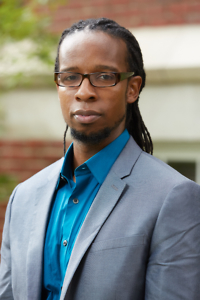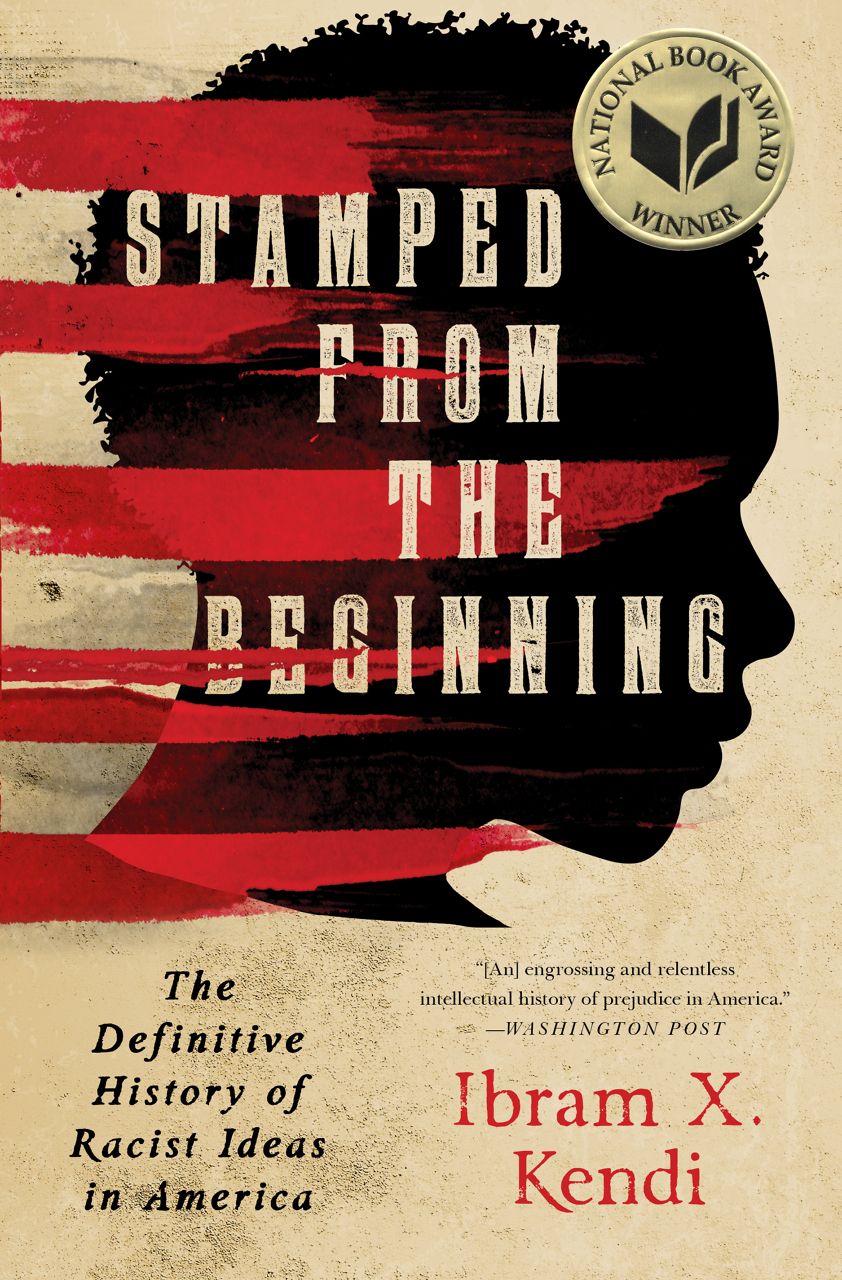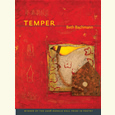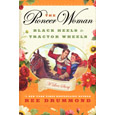The Spaces Between People
Corey Mesler shares a few thoughts on antiheroes, privacy, and prolificity
The titular protagonist of Corey Mesler’s latest novel, The Diminishment of Charlie Cain, is on a downward slide when we meet him. His freelance writing career pays so poorly that he thinks wistfully of his former job at UPS, where “his steady paycheck brought him nice things like food and gas and a beautiful girlfriend” named Amber Dressing. The beautiful Amber has left him for another man, and to add to his trouble, he’s developed a mysterious pain in his back. Having no health insurance, he finds his way to a strange doctor who offers a cure for a mere $10. The “nostrum” erases his pain, but there’s just one problem: It also makes him invisible.
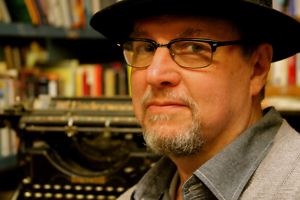 Mesler is known for bawdy, funny romps like Memphis Movie and The Adventures of Camel Jeremy Eros, but he’s got a soft spot for beleaguered and downtrodden characters, as well. Both elements are present in The Diminishment of Charlie Cain — though Charlie’s story is definitely more comedy than tragedy, and a fair amount of the action is X-rated. Invisibility may not quite be a superpower for Charlie, but it does create some interesting opportunities.
Mesler is known for bawdy, funny romps like Memphis Movie and The Adventures of Camel Jeremy Eros, but he’s got a soft spot for beleaguered and downtrodden characters, as well. Both elements are present in The Diminishment of Charlie Cain — though Charlie’s story is definitely more comedy than tragedy, and a fair amount of the action is X-rated. Invisibility may not quite be a superpower for Charlie, but it does create some interesting opportunities.
Mesler and his wife Cheryl have owned the venerable Burke’s Book Store in Memphis for more than 20 years. He shared some thoughts about indie bookselling and answered questions about his new novel via email:
Chapter 16: Charlie Cain’s an interesting mix of victim and perpetrator. He doesn’t initially ask to become invisible, but once it happens, he takes advantage of it without many qualms. Is it fair to call him an antihero?
Corey Mesler: Sure, if by antihero you mean that he has both good and bad qualities, like everyone. I’m not sure there are any pure heroes in modern literature. He is ambivalent about his invisibility. He has lost the world, which he equates with the loss of the love of his life. His temptations are magnified, perhaps, because of this. I’m not sure a saint would make a very good protagonist.
There is in this novel, however, a character whom you might call a holy fool, and she is my favorite character, Patience Spent. She is a woman of pure heart if not pure vision. She is named Patience, after a friend of mine, but I based her, loosely, on a New Age-y actress I am fond of. Patience ‘sees’ the invisible man, and that’s all I want to give away.
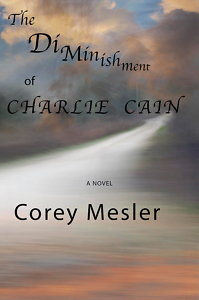 Chapter 16: Re the title, the choice of the word “diminishment” as shorthand for Charlie’s experience seems a bit ironic, since his life gets more adventurous, not less, post-invisibility. How is Charlie diminished?
Chapter 16: Re the title, the choice of the word “diminishment” as shorthand for Charlie’s experience seems a bit ironic, since his life gets more adventurous, not less, post-invisibility. How is Charlie diminished?
Mesler: Initially, Charlie’s story was going to be all downhill. Like Lemuel Pitkin in the Nathanael West [novel], where elements of his life continue to fall away until he’s literally shedding body parts. So, I meant diminishment as loss and as a nice synonym for invisibility. But — and this happens to me often — I found Charlie too sympathetic a character to totally eviscerate him. So, the end result, without giving away plot points, is that the title is semi-ironic. Charlie’s life does become more adventurous, but, of course, at a price.
Chapter 16: Charlie’s invisibility gives him access to what’s usually hidden. It’s easy to see a parallel with the destruction of personal privacy in the digital age. Is that loss of privacy something that troubles you?
Mesler: No, I’m not overly freaked out about loss of privacy. Being agoraphobic means that not only am I hidden away, but my life is, too. I don’t go out. I am private because of circumstance rather than choice. Friendships fall away. I miss people. I see Charlie as a manifestation of the spaces between people. In the spaces there are black holes, unspoken desires, unrealized dreams, wishful thinking, folly, madness, and invisible people.
Chapter 16: The Diminishment of Charlie Cain is your third novel published in the past year or so. How’d that happen? Did you swear off sleep?
Mesler: Ha. I didn’t plan it this way. It takes me as long as most authors to write a novel. Somehow, they all got stuck in the chute and began to fall down bunched together. Don’t tell anyone but I have another novel due out this year, and (I’m whispering) it’s about 1,000 pages long. That novel took me three and a half years to write. And the one I’m currently writing has already taken me a year and a half. I’m not a fast writer, really. But I do have more free time than most people.
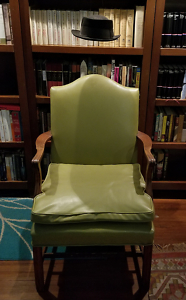 Chapter 16: You’re known as a voracious reader. What’s currently on your can’t-wait-to-read list?
Chapter 16: You’re known as a voracious reader. What’s currently on your can’t-wait-to-read list?
Mesler: Before I say what’s coming up, let me say that I just finished a book that is one of the best novels I’ve ever read, and that is Andre Schwarz-Bart’s The Last of the Just. You can thank me for the recommendation later.
As for can’t-wait-to-read books, Cynthia Ozick has a new novel. She never disappoints. And I will have to read the new biography of Philip Roth, because he’s one of my favorite writers, although the bio is 1,000 pages long. What’s wrong with writers who can’t keep their books to a reasonable length? Also, one of my best discoveries last year was the Scottish writer, Ali Smith. I’ve read half of her Seasonal Quartet and am looking forward to reading the other two [novels] this month. Finally, believe it or not, I’ve never read Zola. So, he’s on my to-do list.
Chapter 16: You and your wife Cheryl have faced the challenge of keeping a small business open during the pandemic. Any thoughts you’d like to share about that and how people can continue to support the indie bookstores they love?
Mesler: Even in the best of times, indie bookstores have been facing the financial squeeze in the battle against Amazon and other online discounters. The pandemic super-sized that predicament. Many stores didn’t make it, which hurts my heart. We survived mostly by the smarts of my wife, the largess of friends and family and customers, the prolificity of John Grisham, and the return of government in January of this year. Don’t buy online, unless it’s from a small business. If you have an independent, locally owned bookstore in your town, for God’s sake, give them your patronage and support. Bookstores are community builders and places of deep comfort and soul. They are evidence of a community’s beating heart.

Maria Browning is a fifth-generation Tennessean who grew up in Erin and Nashville. Her work has appeared in Guernica, The Los Angeles Review of Books, and The New York Times. She’s the editor of Chapter 16.
